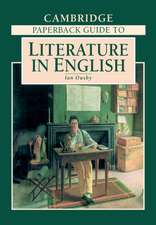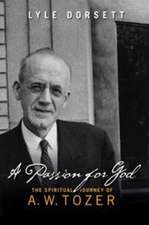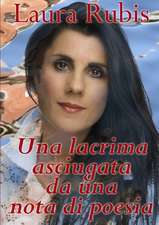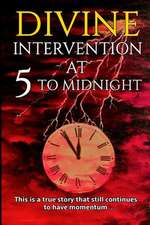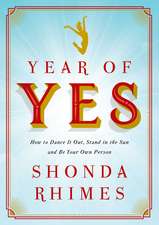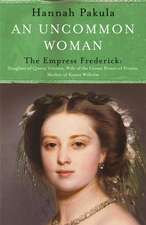The Correspondence of John Ruskin and Charles Eliot Norton
Autor Charles Eliot Norton, John Ruskin Editat de John Lewis Bradley, Ian Ousbyen Limba Engleză Paperback – 27 apr 2011
Preț: 434.18 lei
Nou
Puncte Express: 651
Preț estimativ în valută:
83.11€ • 90.30$ • 69.85£
83.11€ • 90.30$ • 69.85£
Carte tipărită la comandă
Livrare economică 21 aprilie-05 mai
Preluare comenzi: 021 569.72.76
Specificații
ISBN-13: 9780521187718
ISBN-10: 0521187710
Pagini: 552
Dimensiuni: 152 x 229 x 31 mm
Greutate: 0.8 kg
Editura: Cambridge University Press
Colecția Cambridge University Press
Locul publicării:Cambridge, United Kingdom
ISBN-10: 0521187710
Pagini: 552
Dimensiuni: 152 x 229 x 31 mm
Greutate: 0.8 kg
Editura: Cambridge University Press
Colecția Cambridge University Press
Locul publicării:Cambridge, United Kingdom
Cuprins
Acknowledgements; A note on editorial policy; Abbreviated titles; Introduction; 1. 31 October 1855–6 August 1864; 2. 15. August 1865–22 August 1869; 3. 30 August 1869–19 December 1871; 4. 23 December 1871–25 March 1875; 5. 19 July 1875–17 February 1878; 6. 22 April 1878–9 October 1884; 7. 2 January 1885–27 November 1896; Epilogue; Appendix; Index.
Descriere
Ruskin's letters to Norton reflect and express, often more vividly than his own public prose, the spiritual, amatory, artistic, and cultural preoccupations of Ruskin's life.




